Vendors in Viwandani recently participated in a training session that not only enhanced their knowledge of food safety and hygiene, but also offered a highly engaging discussion. On 31st July, a total of 25 vendors recruited from Viwandani were trained by two nurses with expertise in food safety from KEMRI. Muungano wa Wanavijiji members and staff mobilized the participants while ILRI and APHRC facilitated the training The activity was in response to vendors’ own requests for capacity-building and offered a crucial opportunity to support livelihoods and bolster community health across informal settlements.
These vendors provided a wide array of foods, including cooked items (e.g., githeri, green grams, or roasted corn), fresh produce, meat and eggs, or snacks like mandazi. Some are mobile vendors, while others sell their items from kiosks and restaurants known as ‘hotels.’ Even with all their diversity, vendors were consistently engrossed in the training session and stayed throughout their lunch-hour, which would other-wise be a lucrative time for many traders.
The session began with a group activity, where vendors brain-stormed thoughtfully about how to define ‘good’ and ‘bad’ foods. Other key topics included good hand-washing practices and how to cut, wash, and prepare vegetables or meat properly. All participants were encouraged to provide their own examples and to ask ques-tions; handouts were provided to share with other vendors in their settlements. Future sessions are envisioned with vendors in Korogocho and Mathare, which can be filmed to disseminate infor-mation amongst additional vendors. Finally, radio programs are planned to raise awareness and educate consumers on food safety in informal settlements.
Nevertheless, the training has fostered widespread benefits in Nairobi’s informal settlements, in addition to meeting vendors’ own de-mand for improved skills. Educating vendors and consumers in food safety will bolster awareness across their settlements, thereby helping to prevent food-borne illnesses and the associated socio-economic losses. Recognizing vendors as vital providers of food and as community leaders will build their confidence and self-awareness, which is otherwise difficult in the atomized, competitive environment of informal settle-ments. Above all, the trainings are supporting enhanced access to healthy, affordable meals with multiple benefits for buyers and sellers alike.
Training of Food Vendors is one of the outputs for the Urban Zoo Project—we aim to give back to society by training such lay groups on some of the good practices of handling foods. Three more trainings are planned in Mathare, Viwandani and Korogocho (some of the main study sites under the Urban Zoo Project). We are very grateful to the UK-Medical Research Council which has agreed to fund these future events which will take place before the end of the year.










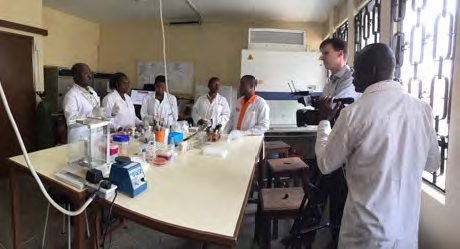









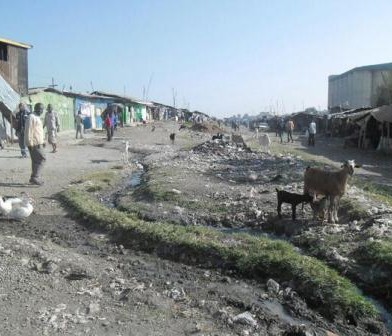
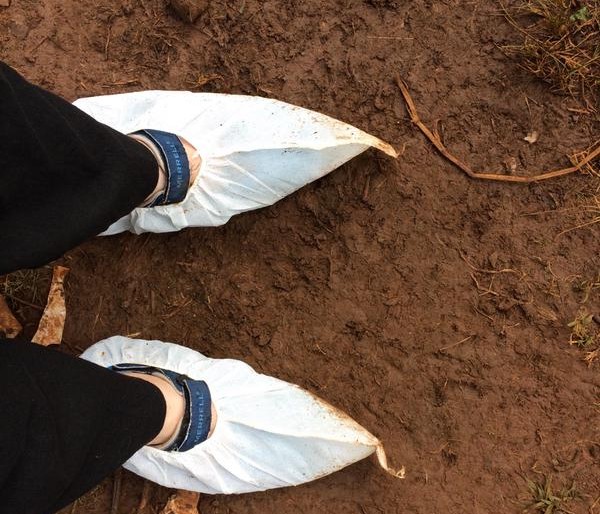
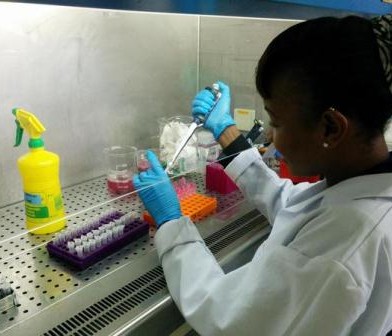
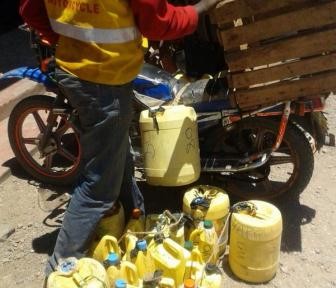
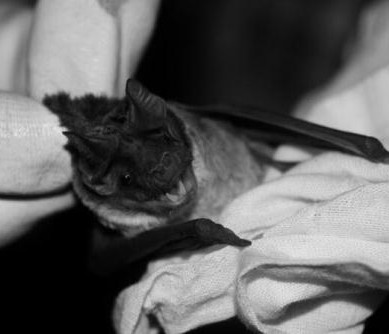
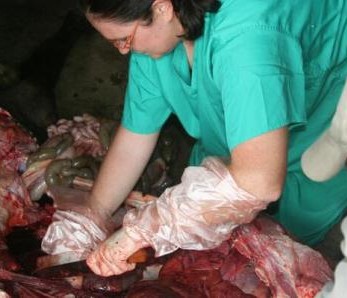
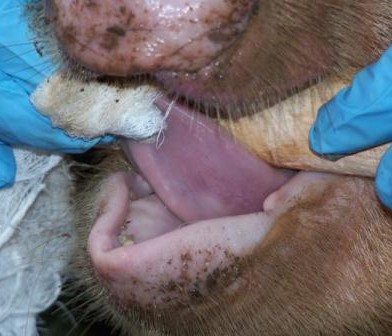
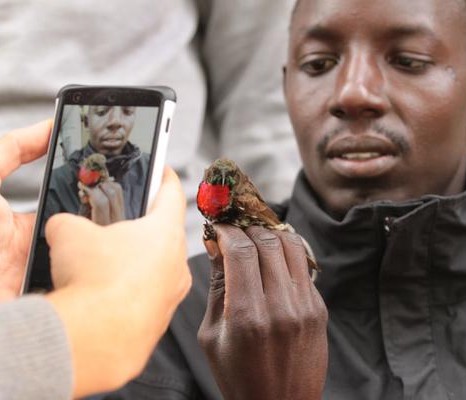
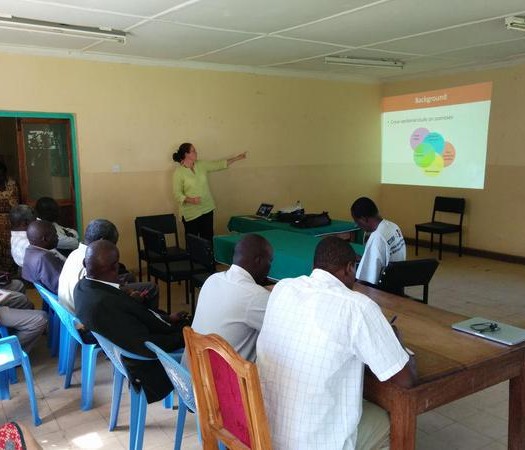
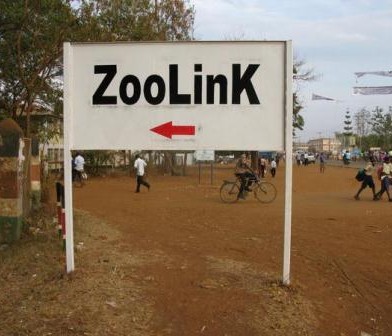
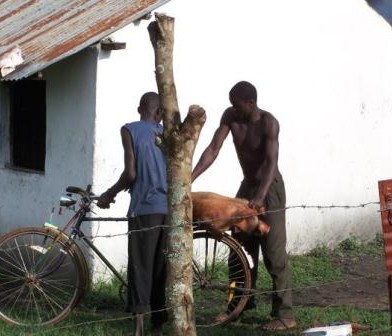
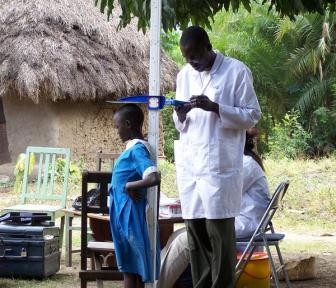
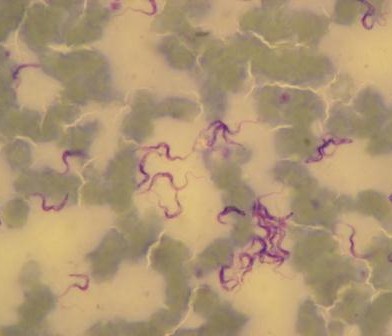
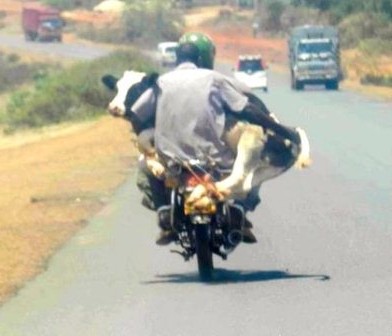
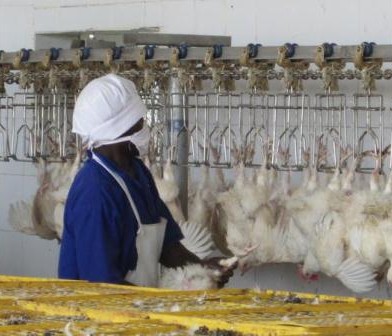
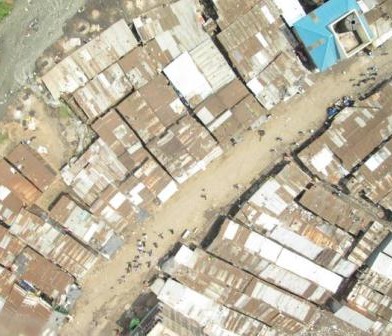
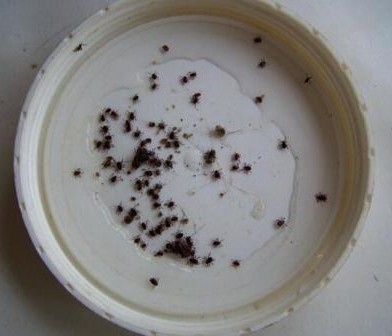
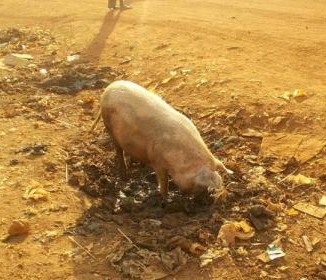
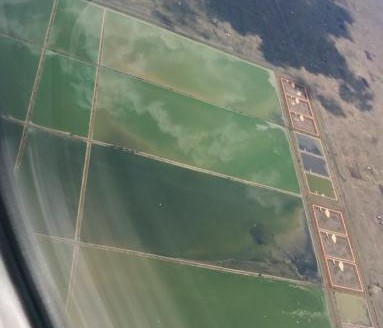
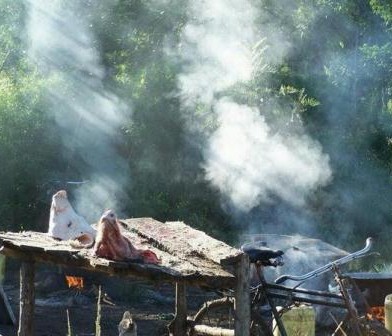
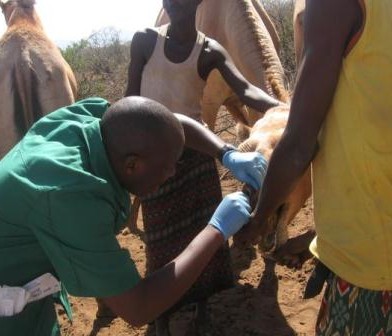
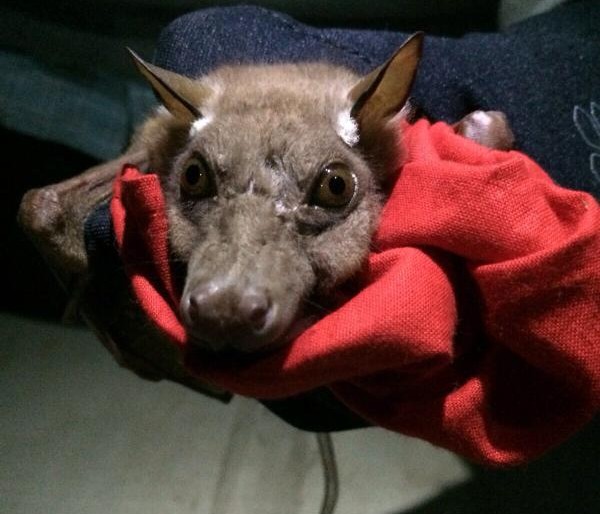
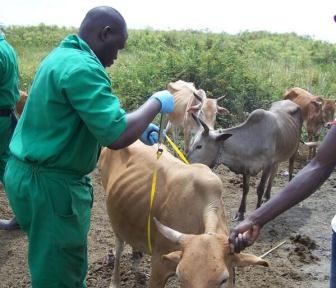
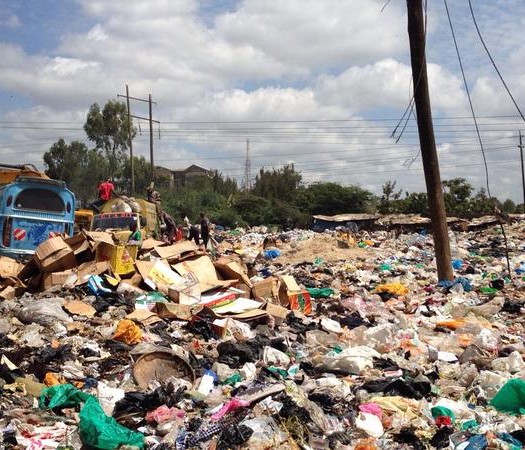
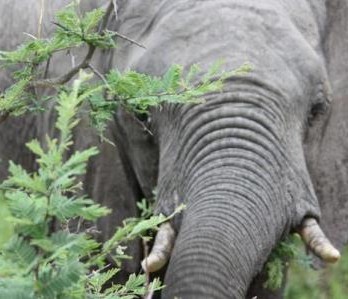
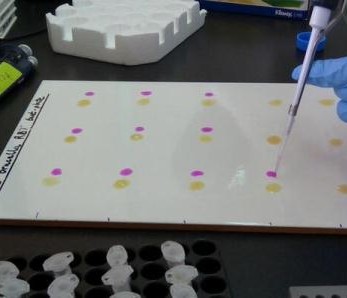
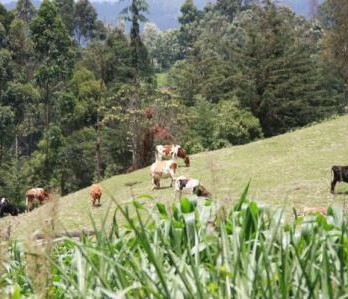
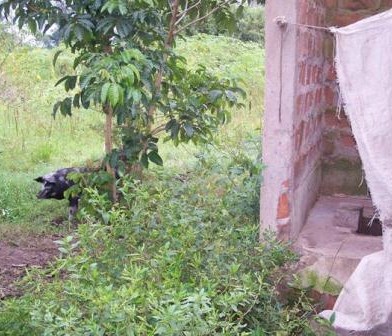
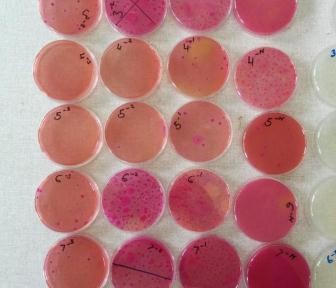
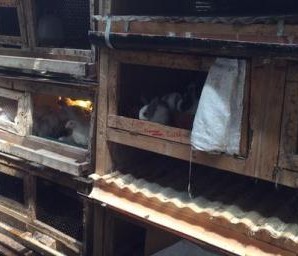
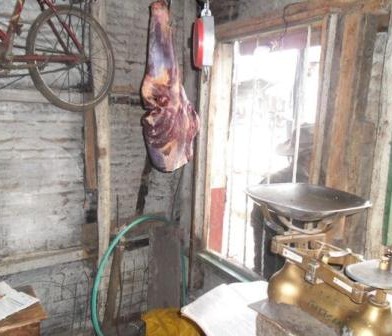
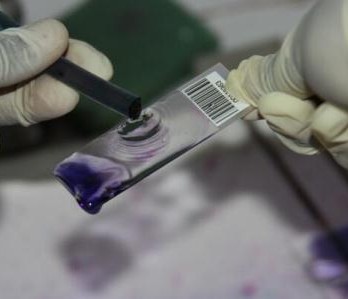
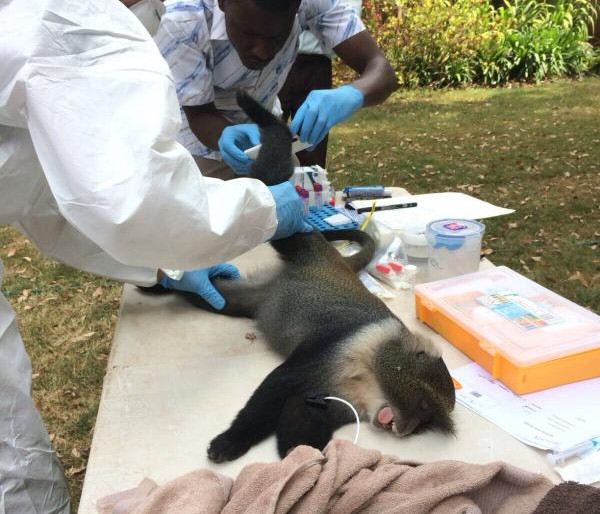
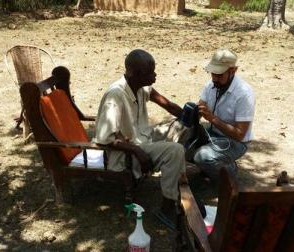
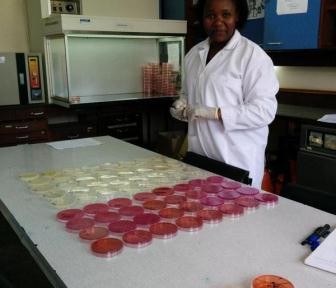
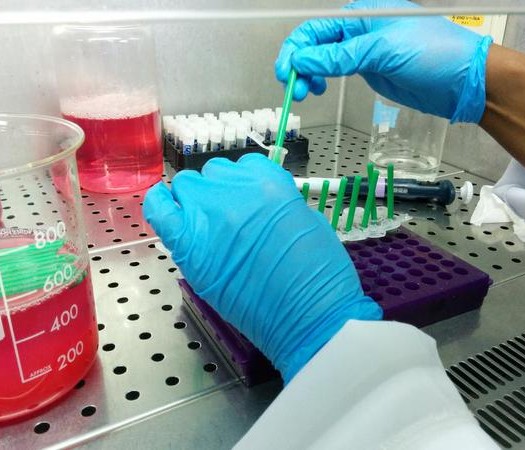
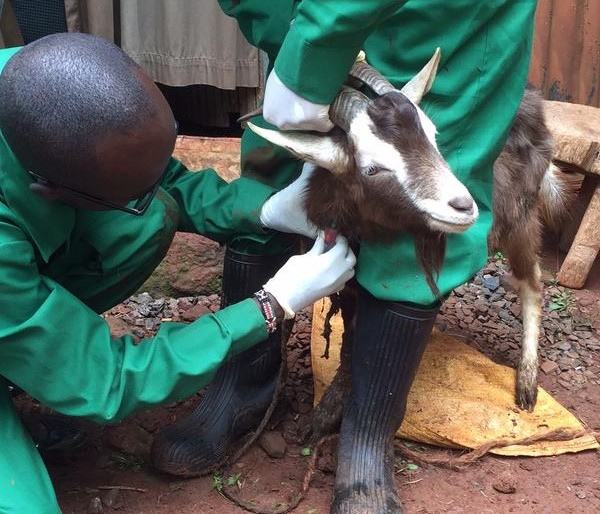
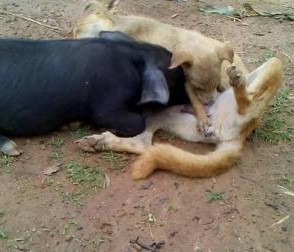
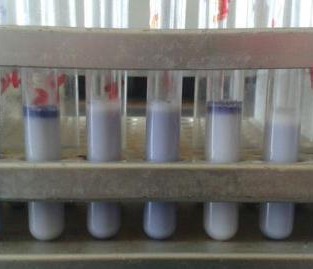
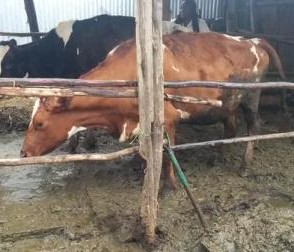
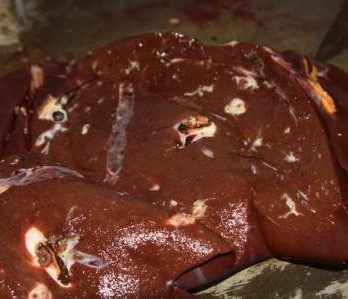

You must be logged in to post a comment.